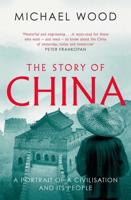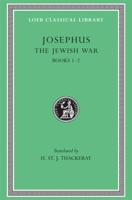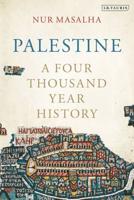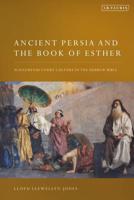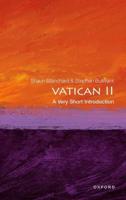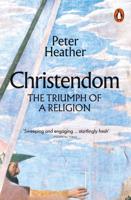Publisher's Synopsis
This is the first detailed investigation of the role played by Sa-skya Pandita (1182-1251) in the Tibetan Buddhist "Self-sufficient Spiritual Remedy" (dKar po chig thub) controversy, a doctrinal dispute of great significance not only for the Tibetans but also for Mahayana doctrine in general. The study also inverstigates the background of Sa-skya Pandita's critique by gathering and presenting the most relevant passages from the writings of the masters sGam-po-pa (1079-1153) and Bla-ma Zhang (1123-1193), who represented the opposing "simultaneist" position in the controversy.

